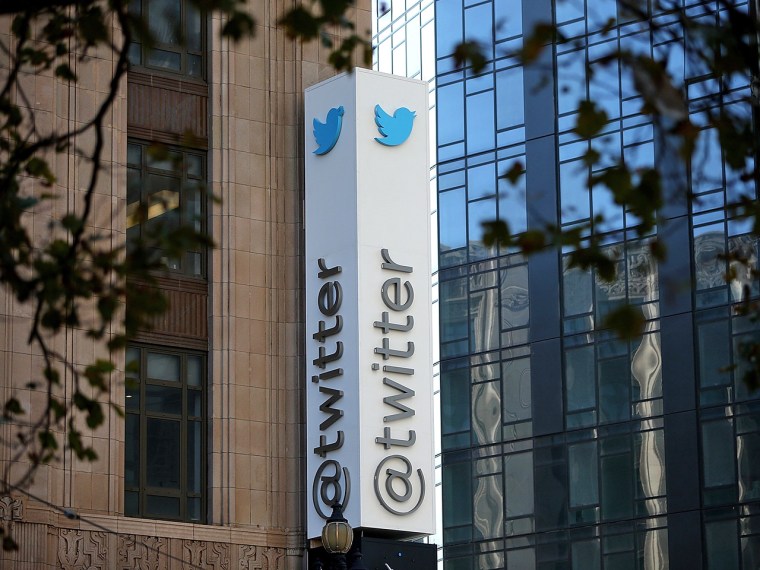SAN FRANCISCO — Twitter will begin showing ads to users based on their browsing history, it said on Thursday, becoming the latest Internet company to employ the controversial but increasingly widespread tracking technology.
Twitter's new advertising feature allows marketers to use cookies — small files planted in Web surfers' computers that contain bits of information about which sites they have visited or where they are logging in from — to display highly targeted Twitter ads.
Twitter, which went public last month, first announced in July that it would begin testing cookie-based ad targeting, joining the likes of Google, Facebook and Amazon and countless other Internet companies that rely on the technology to serve ads.
Twitter's new feature, which is expected to raise advertising rates and revenues for the company, arrives in the midst of heightened public debate over the erosion of online privacy.
In recent years both the European Union and the U.S. Federal Trade Commission have probed the extent of tracking technologies used by sites like Facebook. Last year, European authorities began requiring websites to inform visitors that cookies were being placed on their computers.
Twitter said it would abide by requests to disable the feature by users who check the "Do Not Track" option in their browsers. Users can also choose not to receive "promoted content" in their Twitter privacy settings, the company said
Twitter said 10 companies, including BlueKai, AdRoll and Quantcast, will initially provide the tracking data. The nascent ad network will not yet include real-time bidding technology, which competitors like Facebook have employed.
Accessing Twitter on phones without Internet
Separately, Twitter is tying up with a Singapore-based startup to make its 140-character messaging service available to users in emerging markets who have entry-level mobile phones that cannot access the Internet.
U2opia Mobile, which has a similar tie-up with Facebook, will launch its Twitter service in the first quarter of next year, Chief Executive and Co-founder Sumesh Menon told Reuters.
Users will need to dial a simple code to get a feed of the popular trending topics on Twitter, he said.
More than 11 million people use U2opia's Fonetwish service, which helps access Facebook and Google Talk on mobile without a data connection.
U2opia uses a telecom protocol named USSD, or Unstructured Supplementary Service Data, which does not allow viewing of pictures, videos or other graphics.
"USSD as a vehicle for Twitter is almost hand in glove because Twitter has by design a character limit, it's a very text-driven social network," Menon said.
Eight out of 10 people in emerging markets are still not accessing data on their phone, he said.
U2opia, which is present in 30 countries in seven international languages, will localize the Twitter feed according to the location of the user.
"So somebody in Paraguay would definitely get content that would be very very localized to that market vis a vis somebody sitting in Mumbai or Bangalore," he said.
The company, whose biggest markets are Africa and South America, partners with telecom carriers such as Telenor , Vodafone and Bharti Airtel Ltd. U2opia usually gets 30 to 40 percent of what users pay its telecom partners to access Fonetwish.
"For a lot of end users in the emerging markets, it's going to be their first Twitter experience," Menon said.
